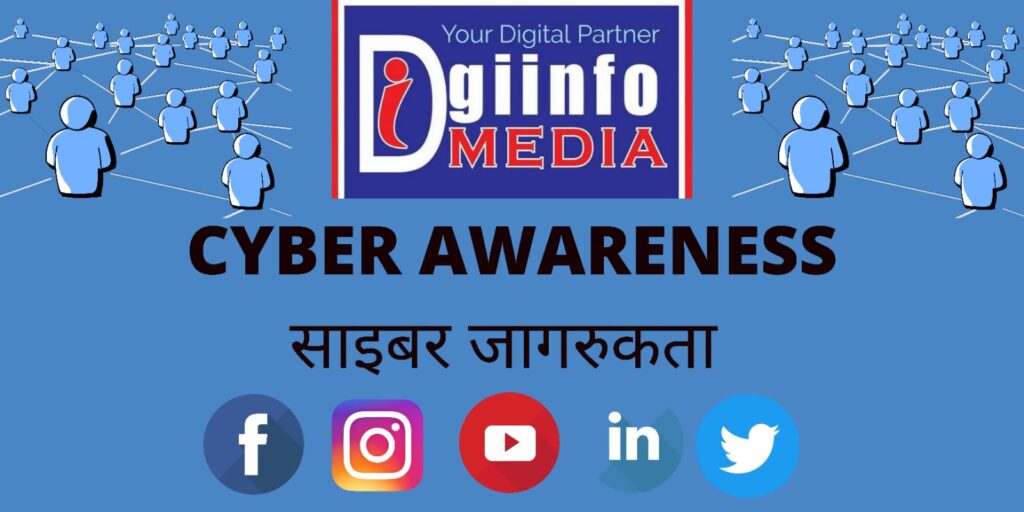
Here are some general cyber safety tips that are commonly provided by police and law enforcement agencies:
- Keep your devices and software updated with the latest security patches and updates.
- Use strong, unique passwords and two-factor authentication for all your accounts.
- Be cautious of unsolicited emails, messages, and phone calls, especially those asking for personal information or financial details.
- Avoid clicking on links or downloading attachments from unknown or suspicious sources.
- Use a reputable antivirus and security software to protect your devices from malware and other cyber threats.
- Don’t share personal information or sensitive data on public Wi-Fi networks or unsecured websites.
- Be aware of phishing scams and social engineering techniques used by cybercriminals to trick you into revealing your personal information or login credentials.
- Regularly back up your important data and files to protect them against accidental loss or ransomware attacks.
- Educate yourself and your family members about online safety and best practices for staying safe online.
- Report any suspicious or fraudulent activities to the relevant authorities or law enforcement agencies.
These are just a few of the many cyber safety tips provided by police and law enforcement agencies. It’s important to stay informed and up-to-date on the latest threats and best practices for protecting yourself and your data in the digital age.